Russian President Vladimir Putin continues to avoid direct talks with Ukrainian President Volodymyr Zelensky, signaling that a personal meeting is unlikely. This article examines the political, military, and strategic reasons behind Putin’s refusal and what it means for the future of the Ukraine war.
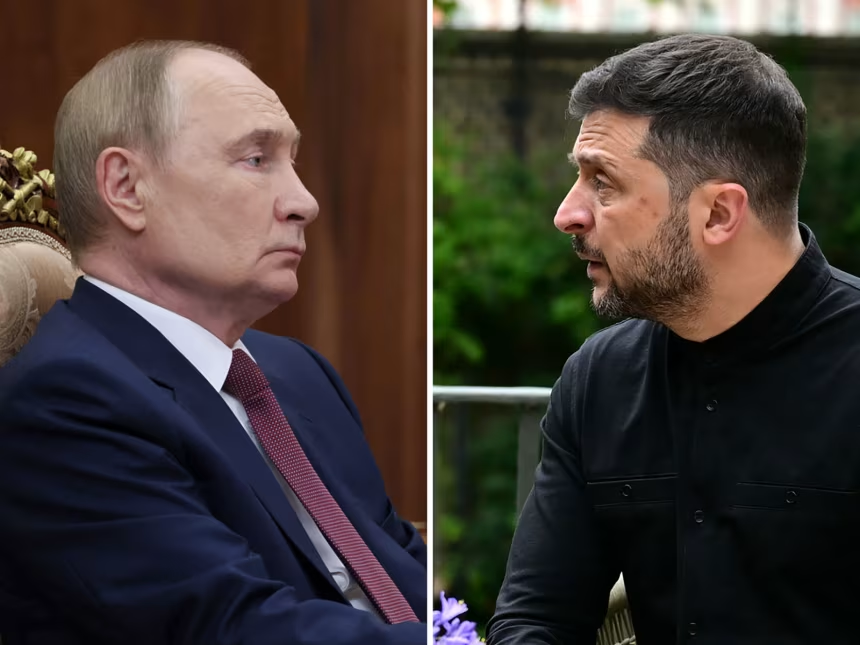
The question of whether Vladimir Putin will meet Volodymyr Zelensky remains at the center of international diplomacy. Despite countless appeals from world leaders, Putin continues to resist direct talks. His reluctance is more than a tactical move. It reflects deeper political, military, and ideological calculations that suggest such a meeting may never happen.
A War Without Dialogue
Since the invasion of Ukraine in 2022, the Kremlin has relied on battlefield dominance rather than negotiation. For Putin, personal diplomacy with Zelensky would imply recognition of Ukraine’s political legitimacy and independence. That is something Moscow has spent years undermining.
Putin’s strategy has consistently framed Ukraine as a territory under historical Russian influence rather than a fully sovereign state. To sit down with Zelensky, whom Russia labels as a “Western puppet,” would contradict the Kremlin narrative. It would weaken Putin’s message at home, where propaganda portrays Russia as fighting NATO rather than Kyiv.
Power and Prestige
Putin’s authority depends heavily on projecting strength. Directly engaging with Zelensky risks diminishing that image. In Russian political culture, meetings are symbolic acts of recognition. For the Kremlin, granting Zelensky such recognition is a concession too far.
Instead, Putin prefers to deal with Western leaders such as U.S. or European heads of state. Negotiating with them allows him to appear equal to global powers, while sidelining Kyiv as irrelevant. This is a deliberate strategy: to deny Zelensky the prestige of sitting at the same table.
Military Calculations
There is also a military dimension. As long as Russia believes it can achieve gains on the battlefield, diplomacy remains secondary. The Kremlin views direct negotiations as a tool only after securing leverage. Meeting Zelensky prematurely would signal weakness, suggesting Moscow is desperate for a deal.
By contrast, Russia seeks to pressure Ukraine into exhaustion. Putin hopes time, destruction, and Western fatigue will force Kyiv into concessions without him ever having to meet Zelensky face-to-face.
The Minsk Legacy
Past agreements shape today’s hesitation. The Minsk accords, signed after earlier rounds of fighting, showed how fragile compromises can be. Russia used those talks to buy time, rebuild its forces, and prepare for the current invasion. That experience has hardened Ukrainian distrust and convinced Zelensky that only direct guarantees can work.
For Putin, however, the failure of Minsk demonstrated the dangers of engaging directly. He prefers controlled negotiations through intermediaries, where he can dictate terms rather than defend them in person.
An Ideological Divide
Beyond politics and war lies an ideological gulf. Putin does not view Zelensky as an equal leader. To him, Ukraine is not a real nation but an artificial creation. This worldview makes dialogue almost impossible. A meeting would contradict his entire justification for the war.
Zelensky, on the other hand, has built his international reputation around resilience, personal diplomacy, and moral clarity. He thrives on face-to-face encounters with world leaders. The contrast could not be sharper.
What This Means for the Future
The absence of direct talks signals that the Ukraine war is unlikely to end through a single summit. Without personal diplomacy, the conflict may drag on, shaped by military outcomes rather than negotiation. Western governments must prepare for a long struggle, with no quick handshake to resolve it.
Putin’s refusal to meet Zelensky is not just stubbornness. It is a calculated choice rooted in power, prestige, and ideology. Unless Russia suffers a major defeat or political shift, a face-to-face meeting may remain impossible. The battlefield, not the negotiating table, will decide Ukraine’s future.





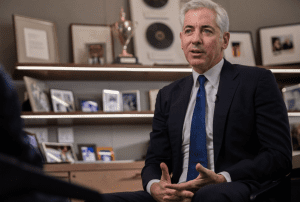



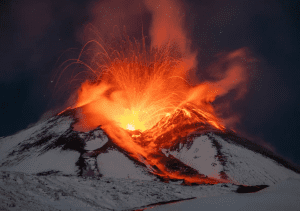






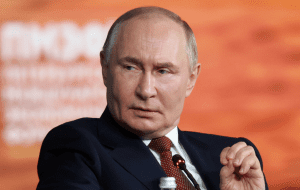
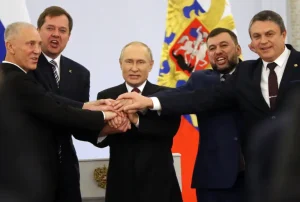
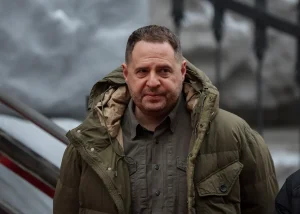
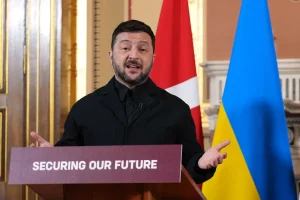
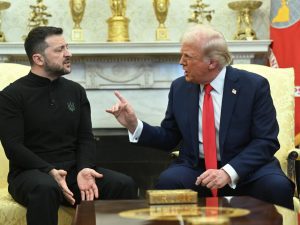
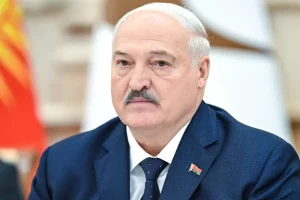
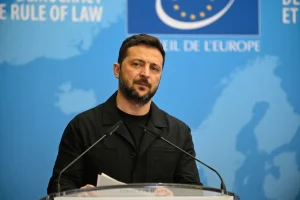
Comments are closed.